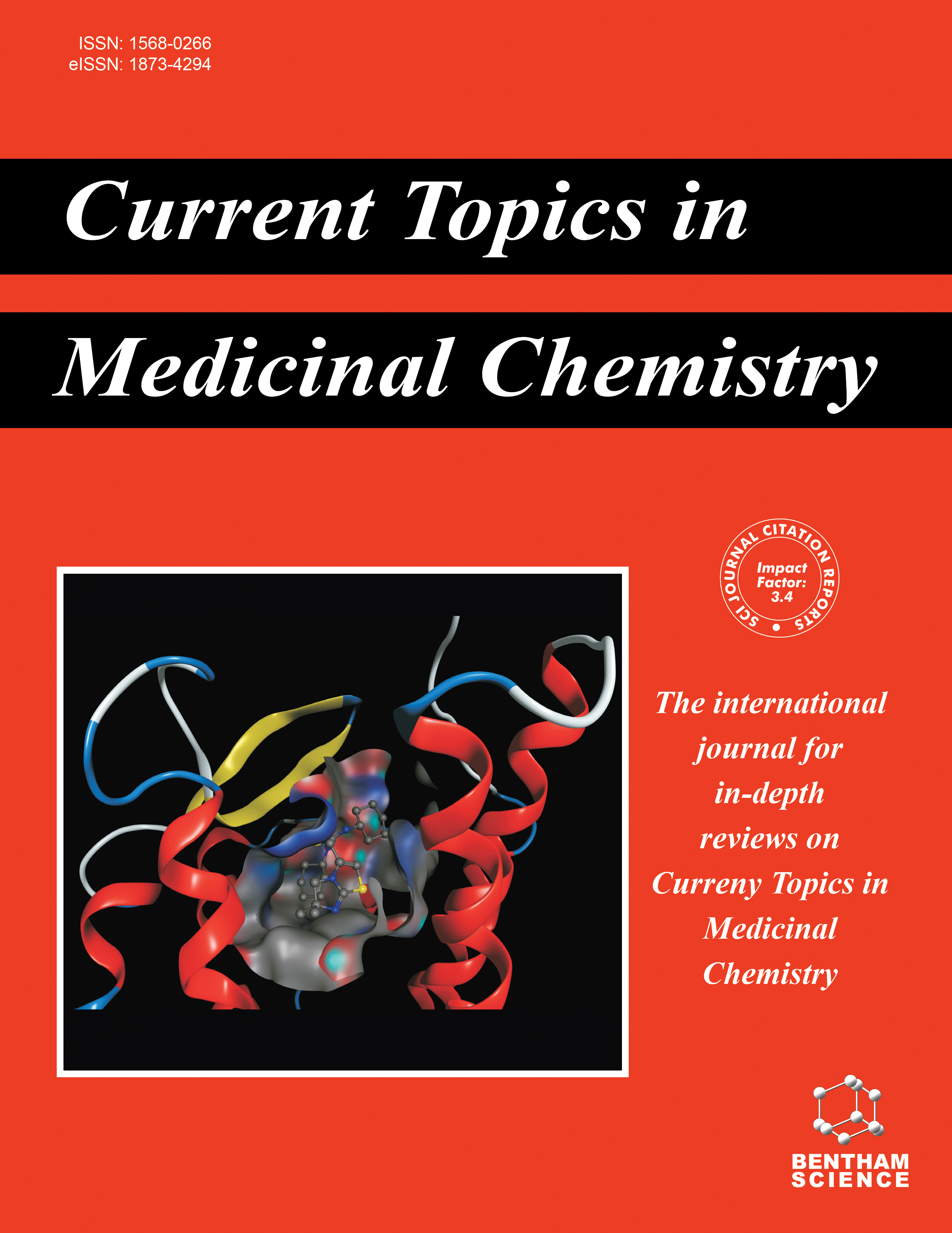
Full text loading...

Zika virus (ZIKV), a flavivirus primarily transmitted by Aedes aegypti, became a major global health concern during the 2015–2016 outbreak, particularly in Brazil. Its association with congenital malformations and neurological disorders underscores the urgent need for effective therapeutic interventions. This review explores molecular targets for ZIKV treatment within the Brazilian context.
A systematic search was conducted using PubMed, ScienceDirect, and Scopus for studies published between 2004 and 2024. Inclusion criteria focused on studies identifying druggable molecular targets related to viral replication, immune evasion, or host-virus interactions. Key search terms included “Zika virus,” “molecular targets,” “Brazil,” “antiviral,” and “drug discovery.”
The review identified several critical viral proteins, NS1, NS3, NS5, and the envelope protein, as potential drug targets. Host cellular factors essential for viral survival were also highlighted. Technologies such as high-throughput screening, molecular docking, and structural genomics contributed significantly to the identification and validation of these targets.
Although promising targets have been identified, therapeutic development is hindered by the genetic variability of ZIKV and its antigenic similarity to other flaviviruses, notably the dengue virus. These challenges complicate the specificity and efficacy of drugs. Nevertheless, Brazil has made strides in research infrastructure and collaborations to tackle these obstacles.
This review synthesizes current knowledge on ZIKV molecular targets and ongoing drug discovery efforts. The findings support the strategic development of antivirals and emphasize the necessity for sustained investment in research to mitigate future ZIKV outbreaks in Brazil and globally.

Article metrics loading...

Full text loading...
References


Data & Media loading...
Supplements